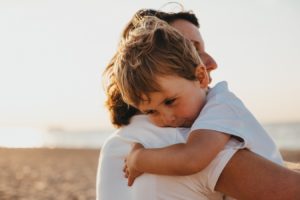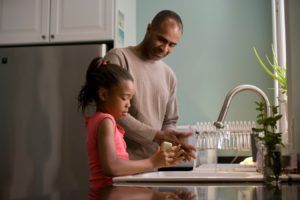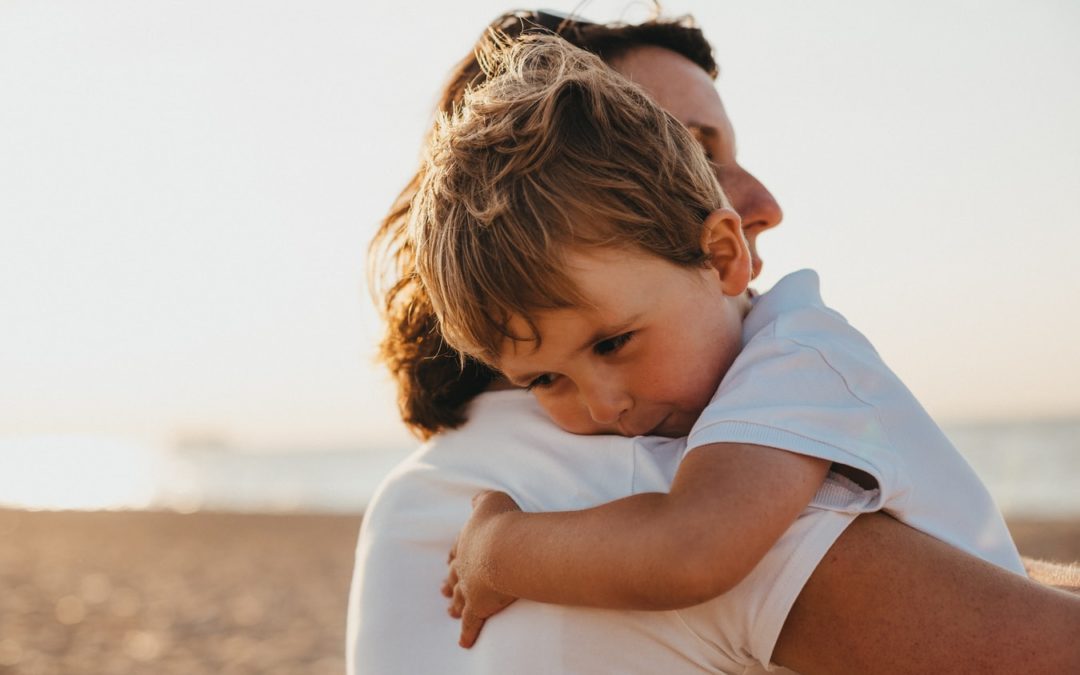 In my family, 2020 started with glad busyness, full of life’s hopeful plans amid increasingly pressurized job environments. When coronavirus came to Colorado, plans were postponed and much of what we had counted on for security and stability moved beyond our reach.
In my family, 2020 started with glad busyness, full of life’s hopeful plans amid increasingly pressurized job environments. When coronavirus came to Colorado, plans were postponed and much of what we had counted on for security and stability moved beyond our reach.
Protecting our families from any unnecessary stress became crucial.
 Our work came home, with new challenges and benefits, forcing our marriages and parenting to adapt while in the midst of summer heat and sketchy internet coverage.
Our work came home, with new challenges and benefits, forcing our marriages and parenting to adapt while in the midst of summer heat and sketchy internet coverage.
Stress was heightened again by weeks of intermittent smoke from fires to the west — then the biggest forest fire in Colorado history began. The smoke grew intense and constant. When strong winds moved in later, it caused random spot fires miles away. This is also what unexpected rage can feel like in a parent’s heart. Our survival brains’ threat-detection systems are activated, followed by fight-flight-freeze-feed…
Patti Wipfler reflects on this painful process in Reaching for Your Angry Child ( https://www.handinhandparenting.org/ ).
She describes anger as “the barbed wire fence we parents have to crawl through to reach a child who is frightened and full of grief.” This applies to screaming child, raging teenager, or their parents.
Wipfler recommends just what Brené Brown says in Braving the Wilderness: “People are hard to hate close up. Move in.”

This means staying nearby, listening well for what happened, and offering warmth, patience, and understanding. This means letting a child struggle to uncover the root of today’s outburst in old wounds. It also means resisting the temptation to lecture, scold, or criticize, despite these seeming contradictions in a child’s behavior when they’re angry.
Writing for Psychotherapy Networker magazine, Kate Sample, LPC, quotes from Larry Tobin’s book What Do You Do with a Child Like This? A child’s emotional outbursts “are distinguished by their regrettable ability to elicit from others exactly the opposite of what they really need.” Sample states that a child who exaggerates accomplishments needs someone to believe in them.
The teen who rejects caring people needs more care and connection, not isolation. Young girls who copy celebrities need appropriate attention for their inner strengths, not shame-filled comments about their appearance. The same could be said about each of us parents.
Joe White credits his friend Wes Neal for the reminder that, just like our children, our inner selves are still growing in character. As a parent, “When a weakness in your child surfaces… look for the strength that’s like a Siamese twin of that weakness.” Despite our belief that what we see is stubbornness, we can remember that what we’re seeing is determination in the making. Teens can remember that worried parents are concerned parents. Looking for other strengths and weaknesses in What Kids Wish Parents Knew about Parenting can help us remember that both parent and child need time to learn — and emotional space to make mistakes.
As we work to make our marriages healthier, and take care of other adult concerns and responsibilities, we need to remember to get help from our financial advisors, spiritual leaders, legal advisors, and counselors. While convenient, we must learn NOT to place our children in these roles. Their job is to learn who they are at their core, and how to live authentically as themselves, NOT as extensions of their parents. I strongly recommend Susan Cain’s books on introversion/extraversion, Quiet and Quiet Power.
The human brain comes hardwired to need natural things.
Watching trees move against Colorado’s blue skies is always calming for me. When those skies are so full of smoke it hurts to breathe, fear can take over – except when it is displaced by the kind, courteous, tender mindset recommended in Dr. Yvonne Tate’s Brain Health for the Whole Family (see http://trsneurofeedback.com/basics-of-brain-health/ ). This mindset is enhanced by a necessary balance between homework/work and play time. Play is the first human language; playing together shows our children we love them, regardless of their performance or behavior. It also cements the bonds of belonging.
In her book Braving the Wilderness, researcher Brené Brown states that “not belonging in our families is still one of the most dangerous hurts… it has the power to break our heart, our spirit, and our sense of self-worth.” A family motto applying her definition of wholehearted living could be:
In this family, every one of us is “worthy now, not if… not when… We’re worthy of love and belonging now. Right this minute. As is.”
Let’s put out the spot fires of our hurts, one by one, as families.



